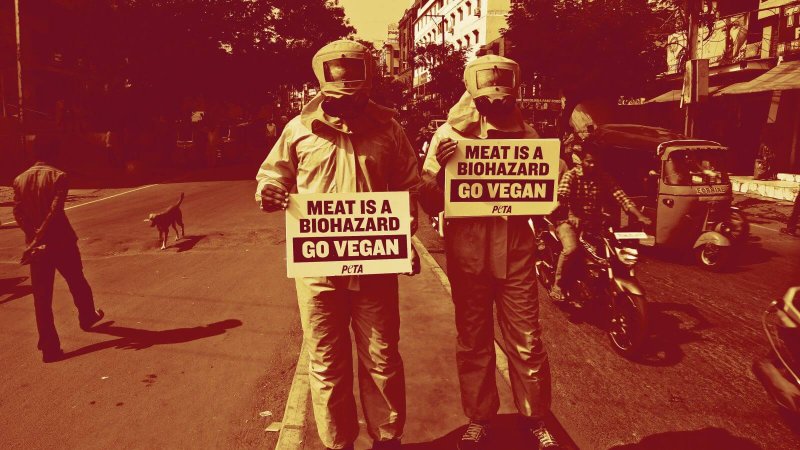Farmers are arguably the best environmental stewards we have in our economy …. With livestock, it makes little sense to accuse farmers for not treating animals appropriately when their sheer livelihood relies on the health of their farm animals.
…
It’s not like farmers have taken consumer trust for granted. For years, farmers have been self-advocating as well as educating the public at markets, trade shows, and in the media. Many pro-farming groups have been amazingly active. But evidence suggesting these groups are listened to by the broader public is scarce.
Organized, well-funded groups condemning farming practices on social media are now winning the consumer trust battle …. Our rural and urban divide is causing the trust issue to become widespread. Trust, at its core, is a social phenomenon and is far more complex than the rational assessment of consumer perceptions ….
…
Over the years, we have seen an accumulation of issues which have made consumers second-guess almost everything. Food safety incidents, price-fixing scandals, food fraud and mislabelling, trans fats, the list goes on. With food, uneducated cynicism leveraged by organized anti-farming advocacy is winning over logic and is victimizing our food systems along the way, starting with farmers. It’s been ugly.































